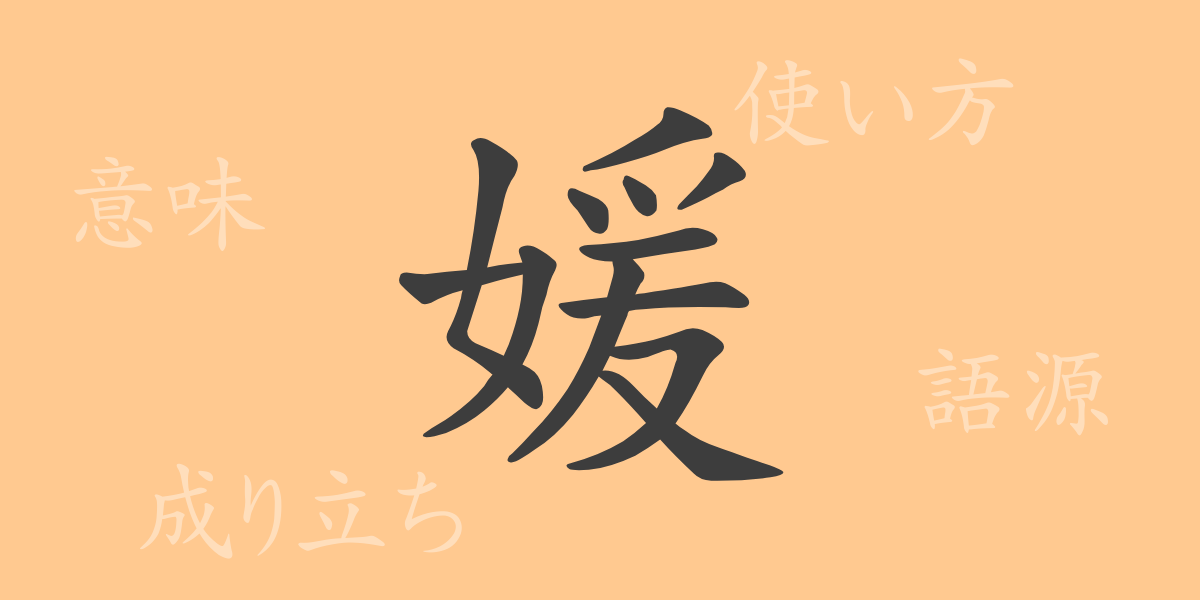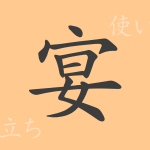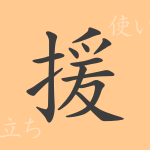“
Japanese character culture is profound, with each kanji holding many stories, from its origin to its usage. In this article, we will focus on the kanji “”媛”” (Hime), which is part of the commonly used Japanese kanji, and delve into its allure. How has this kanji been used in history and culture, and what meanings does it hold? Furthermore, we will explore the role of “”媛”” (Hime) in idioms and phrases encountered in daily life.
The Origin (Etymology) of 媛 (Hime)
“”媛”” (Hime) is a kanji that has existed in Japan since ancient times, with its etymology tracing back to ancient China. It is composed of “”女”” (Onna), meaning woman, and “”爰”” (En), meaning beautiful, and has been used to refer to beautiful women, princesses, and noble ladies. In Japan, it appears in ancient documents such as the Kojiki and Man’yōshū, used as an expression to praise noble women and beauty.
The Meaning and Usage of 媛 (Hime)
“”媛”” (Hime) is a kanji that primarily represents beauty and nobleness related to women. Specifically, it is used to refer to beautiful women, princesses, and goddesses. It can also be used in place names and personal names, and it is a characteristic of Japanese mythology that many goddesses and princesses have this character in their names. Although it is rarely used in everyday conversation, it still has a strong presence in literary and historical contexts.
Reading, Stroke Count, and Radical of 媛 (Hime)
The kanji “”媛”” (Hime) is deeply connected to the Japanese language in its reading and structure.
- Reading: The on’yomi is “”en,”” and the kun’yomi is “”hime.””
- Stroke Count: 13 strokes in total.
- Radical: 女 (Onnahen)
Idioms, Phrases, and Proverbs Using 媛 (Hime) and Their Meanings
Idioms and phrases containing “”媛”” (Hime) often have a beautiful connotation that praises women. For example, the idiom “”美媛”” (Bien) means “”beautiful woman,”” while “”才媛”” (Saien) refers to a “”talented woman.”” Additionally, “”媛詩”” (Enshi) is used to refer to waka poems or poetry composed by women. These idioms are sometimes used to praise the beauty and talent of women.
Summary of 媛 (Hime)
The kanji “”媛”” (Hime) has been used since ancient times as a word symbolizing beauty and nobleness. From its reading and meaning to its idioms, it is a kanji that allows us to feel the rich history of the Japanese language. Although its direct usage has decreased in modern times, its presence can be confirmed in place names, personal names, and cultural contexts. In this article, we explored the charm of “”媛”” (hime), which symbolizes the beauty of the Japanese language.
“

























